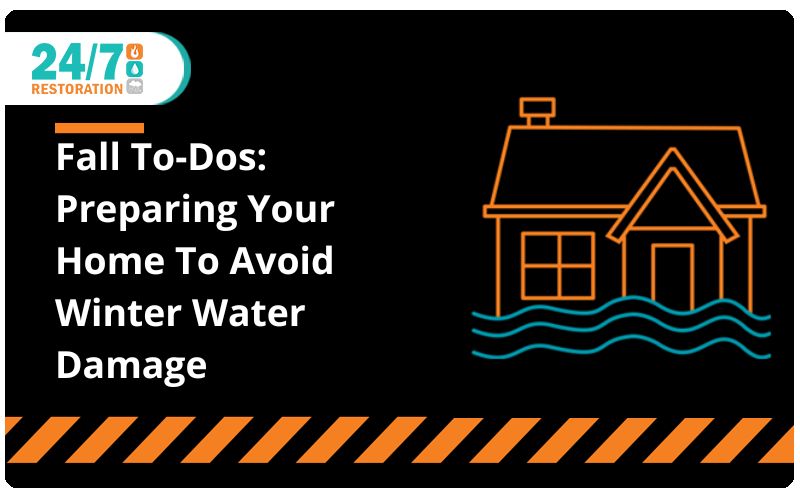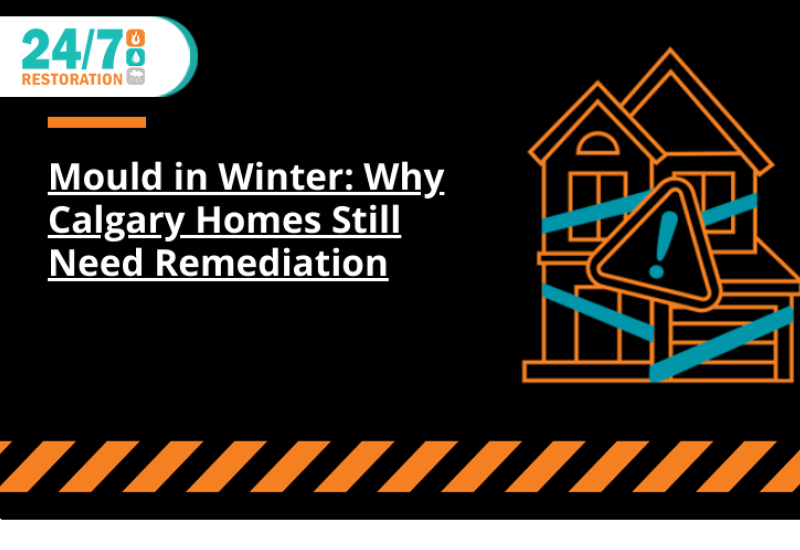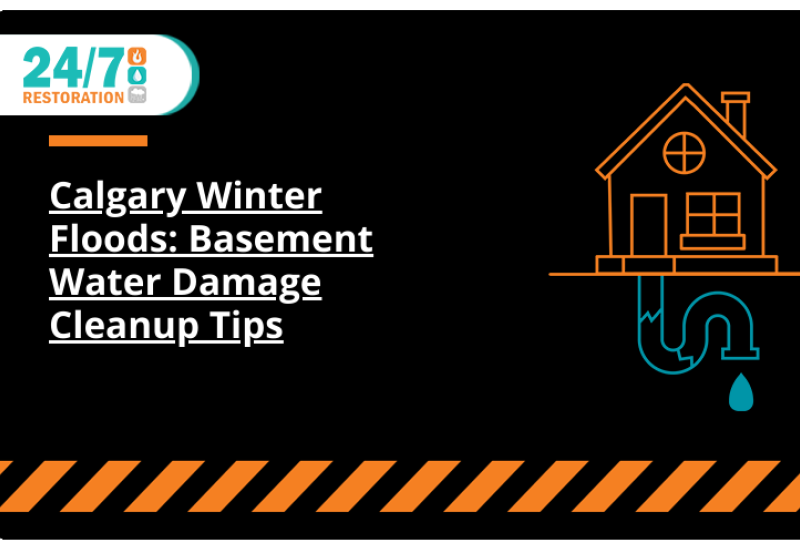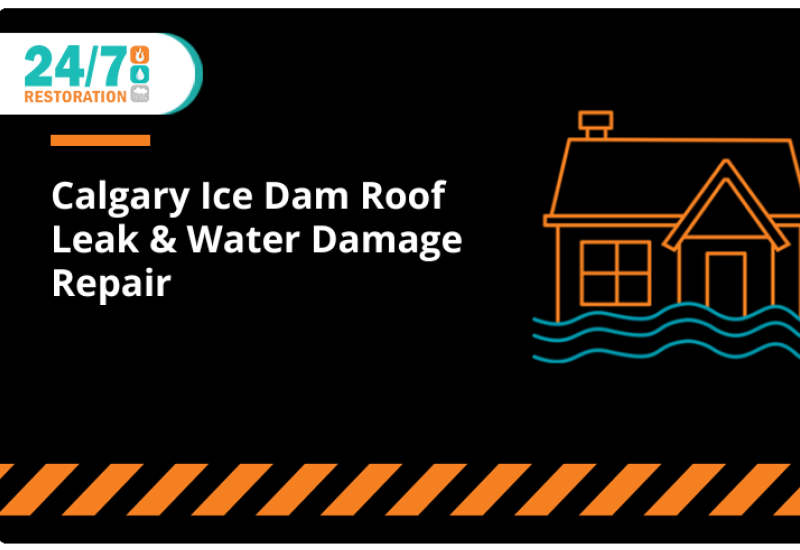Steps To Prevent Winter Water Damage
Check Your Sump Pump
Your sump pump is an invaluable tool for fighting water damage. If a storm hits or your basement is unexpectedly flooded, your sump pump can make all the difference. Ensure your sump pump is working before the winter starts by checking that the exit pipe isn’t clogged and it drains away from the house. To test if the sump pump is working, you can slowly pour 20 litres of water in until the float rises. This should automatically turn the pump on and all of the water should be pumped out. The pump should turn off when all of the water is gone. You can also check the pump by lifting the float, but don’t do this for more than a few seconds or it can damage the motor.
Ensure Drainage Away From The Home
If water doesn’t have a way to drain away from the home, it will instead collect near the base of the home. This can cause damage to the structure of the building. To ensure water drains away from your home, check that your gutters are clear of debris and are not rusted through. Your downspout should be connected, undamaged, clear of leaves and twigs, and pointed away from the home. Preparing this in the fall, before water starts to freeze, gives you a chance to clear debris away before water freezes inside the gutters making removal difficult.
Look For Cracks
Cracks in your pipes and cracks in your foundation can spell serious trouble for your house. If your pipes have cracks, they are likely also leaking. These cracks will only get larger if the pipe freezes and expands. Cracks in the foundation are a bigger issue. Water can get into these cracks and make its way into your home, leading to indoor water damage. If left untreated, the cracks in your foundation will continue to get worse when the water in these cracks freezes and thaws, making the cracks larger every time. This can lead to a greater risk of water damage as well as structural damage to your home.
Disconnect And Drain Hoses
You likely won’t have much use for your house now that fall is here, so take this opportunity to put it away before temperatures hit freezing. Make sure all water to outside sources is shut off and that all hoses and other outdoor water attachments are disconnected. Drain the water from your hose, roll it up, and put it away to keep it from freezing and damaging over winter. If you don’t take these steps, you can damage more than your hose; water can freeze in the hose and create a blockage that ends up flowing back into your house. If the water is left in the hose and if your outdoor water is left turned on, it can cause serious water damage to the inside of your house.
Prepare Your Plumbing
Learn how to protect your pipes from freezing and where and how to look for leaks by reading Fall To-Dos: Prepare Your Plumbing To Avoid Winter Flood Damage. Getting your plumbing ready for winter before the cold weather sets in can prevent major water damage in all areas of the home.
Winter Water Damage Restoration
Sometimes winter storms can completely freeze gutters or can knock out the power and prevent the sump pump from working. Whatever the reason, if you do end up having water damage this winter, don’t panic. The experts at 24/7 Restoration will help you get your home back to pre-water damaged condition. Our expert flood mitigation and cleanup technicians have the technology and training to safely restore your home and repair any water damage. If your home has undergone water damage, call the 24/7 Restoration emergency line at 1-403-247-4365 any time day or night. For non-immediate services, fill out the 24/7 Restoration online contact form.
FAQ
Q: What do your water damage restoration services include?
A: Our water damage services include:
- Water extraction and removal
- Drying and dehumidification
- Humidity and airflow control
- Structure reconstruction and restoration
- Mold remediation/removal
Q: How can water damage impact my home?
A: Water damage does more than get carpets wet, it can also damage your drywall, lead to the development of mold, damage the foundation of your home, destroy your personal belongings, pose health risks to you and your family, and more. Learn about the risks of water damage by reading Common Ways Flood Damage Can Impact Your Home.
Q: Is it safe to walk through a flooded basement?
A: Never walk through a flooded basement unless the electricity has been turned off in your home. The risk of electrocution is incredibly high. Even if the electricity is turned off, walking through a flooded basement is not safe as the water may be contaminated, and there may be objects in the water that can cause bodily harm.




